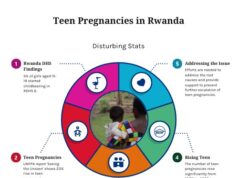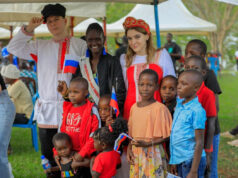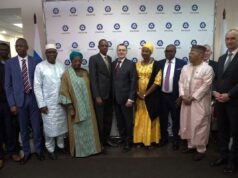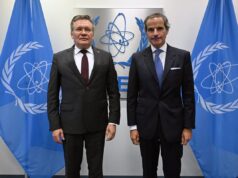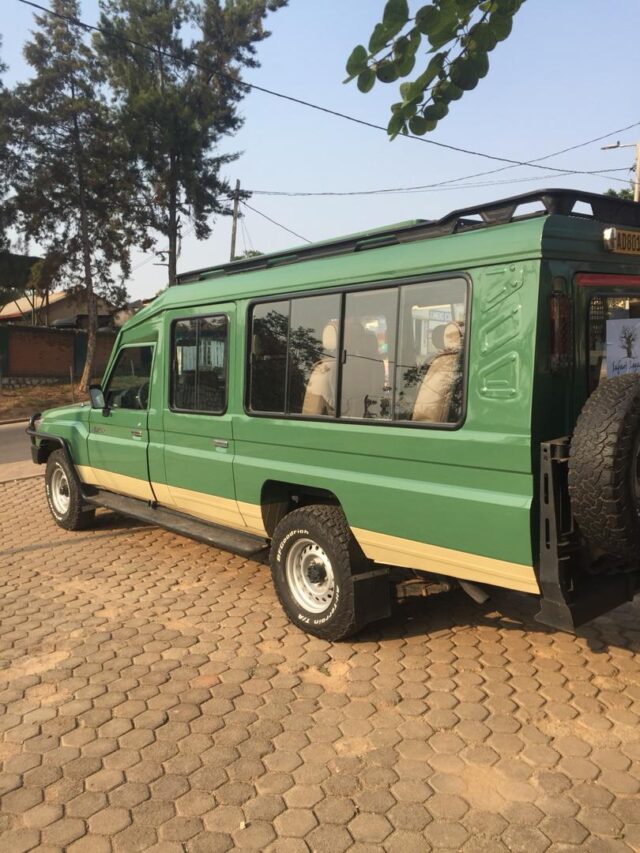
Tour operators have said the reduced gorilla trekking fees will see a boom in both domestic and regional tourism in 2024 and benefit the economy.
In an effort to boost tourism in Rwanda, Rwanda Development Board RDB) has announced a dramatic reduction in the cost of gorilla trekking permits. The permit fees for gorilla trekking are now reduced from $1500 to $500 for foreign residents.
Gorilla permits for Africans outside the East African community will now cost $500 while gorilla trekking permits for East Africans will cost $200 per person. This is expected to boost Rwanda’s tourism sector and make gorilla trekking more accessible to a wider range of tourists.
The move is part of a wider effort by the Rwandan government to make the country a more attractive destination for tourists. Rwanda’s tourism industry was badly affected by the corona virus pandemic and the government is now attempting to stimulate the sector.
With these positives, tour operators are eyeing a stronger performance in 2024, with the number of tourists already predicted to go up this year. Rwanda’s also experiencing a boom in domestic tourism, as more Rwandans and expats living in Rwanda, adding places to visit, including national parks, on their bucket list.
Frank Muzungu, the Managing Director Kigali Car Rentals said the move by RDB would see an increase in local and regional tourists.
“With these reduced prices for both domestic and regional tourist, we are going to witness increased local tourists. This year begins on a positive notes and the sector is upbeat. Thanks to RDB”s new price policy,” said Muzungu, MD Kigali Car rentals.
Muzungu says as a result of reduced prices new products and offers that integrate both domestic and regional packages has been introduced by Kigali Car Rentals.
“We have added flexible offers such as the self-drive package where tourists or groups can rent cars, drive themselves and if they are exiting the country through another EAC country, they don’t have to drive back the car to Rwanda. They deposit it at our outlet in the country of exit and proceed with their journey,” Muzungiu explained.
The move is also likely to have a positive impact on Rwanda’s endangered mountain gorilla population. By increasing the number of visitors, the government hopes to raise awareness of the plight of the mountain gorillas and generate more funds to protect them.
Close to a decade ago, mountain gorillas were among the critically endangered wildlife species but due gorilla trekking, more awareness has been created to support the conservation efforts of the mountain gorillas.
Today, mountain gorillas are some of the most valued wildlife species in Rwanda. Poaching is no longer so much a threat as it used to be simply because of the mindset change courtesy of gorilla tourism in Rwanda.
The money that comes through the gorilla trekking permits has also immensely contributed to the change of mindset among the local communities.
Last year RDB has disbursed over Rwf 3 billion to communities in various districts surrounding four national parks as part of the revenue-sharing scheme for 2023-2024.
The revenue-sharing scheme, initiated in 2005, aims to curb poaching in the parks and enhance the living conditions of the neighboring communities by providing viable livelihood options. This initiative allocates 10 percent of the annual tourism park revenues to the nearby communities, supporting their development and prosperity.
According to data by RDB the tourism sector generate US$247 million or Rwf290 billion in revenue during the first half of 2023, reflecting a notable 56% surge compared to the US$158 million reported during the same period in 2022.
The services sector, mainly tourism and hospitality, played a significant role, contributing 46% to the GDP, followed by the agriculture sector at 25%, the industry sector at 21%, and net direct taxes accounting for 7%.




